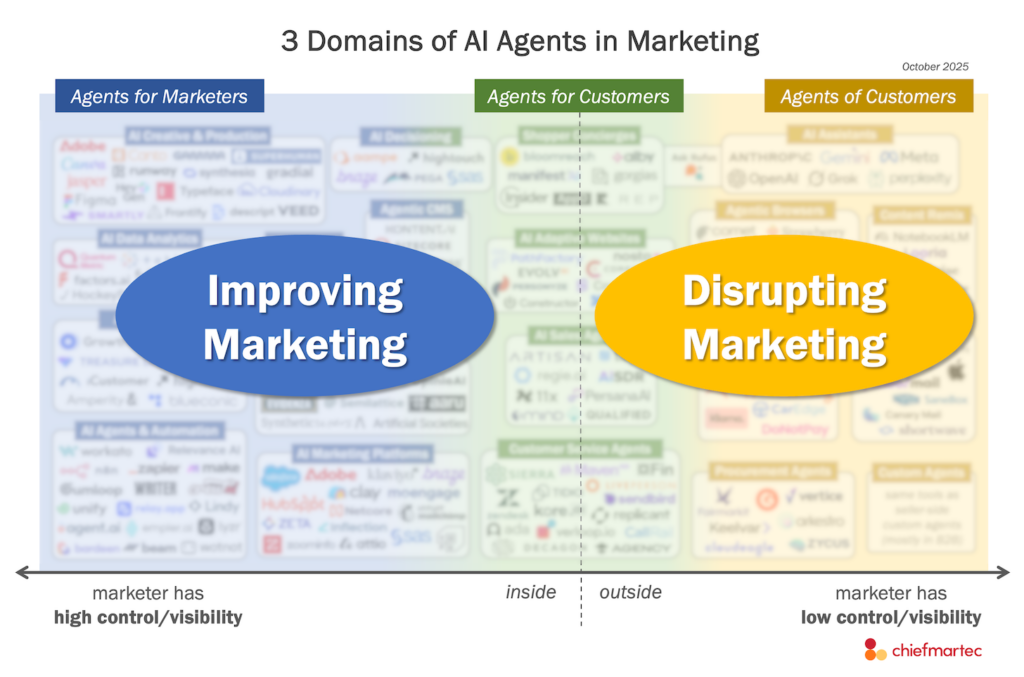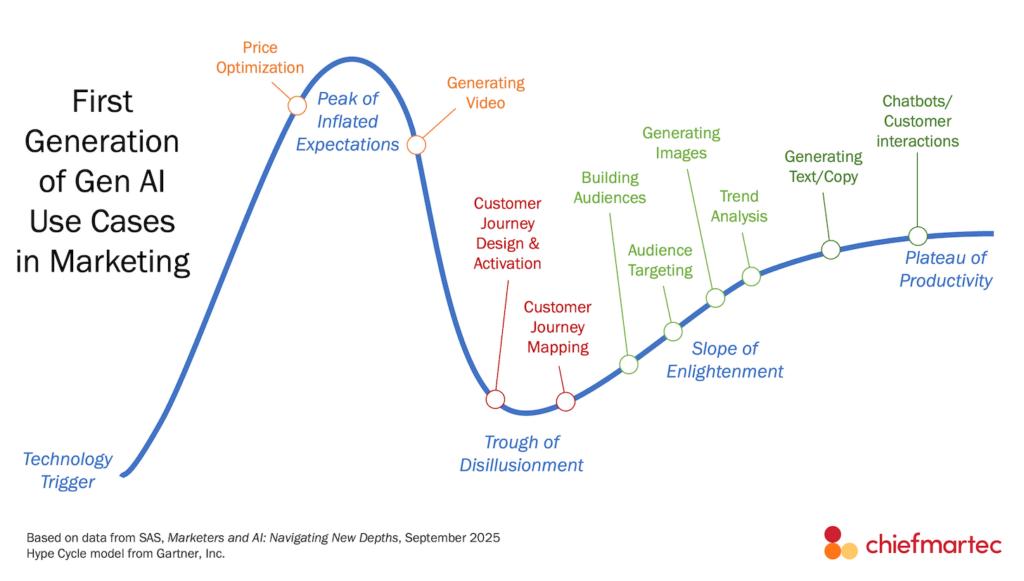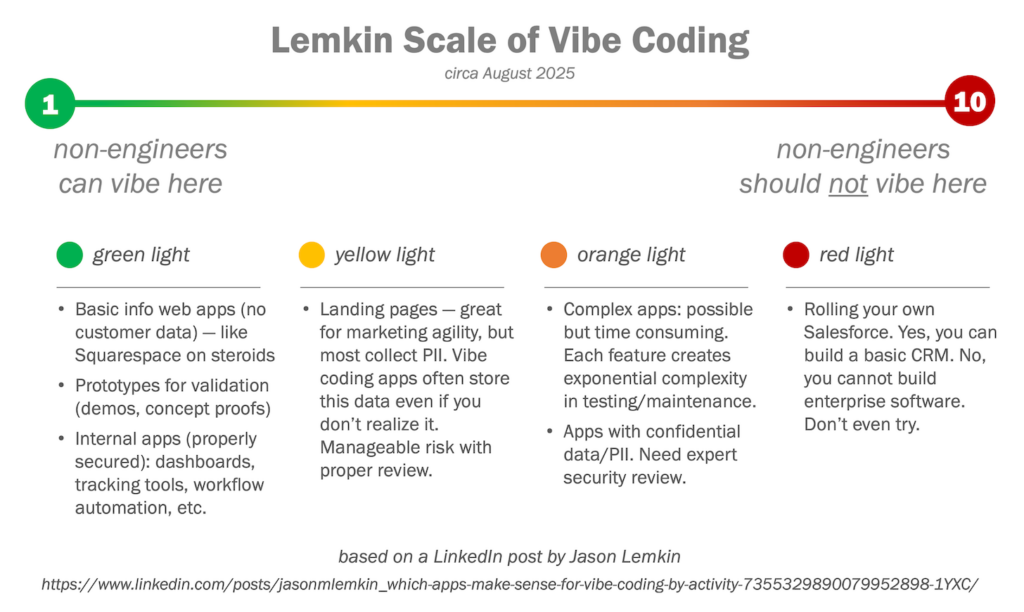There’s a fascinating debate raging in the DigitalNext section of Ad Age that captures some of the current “culture wars” on Madison Avenue between marketers (“mad men”) and technologists (“math men”).
A few weeks ago, Kendall Allen wrote a piece titled: The Dangers Of Online Advertising’s “Math State” that begins with this shot across the bow:
Ever notice that in online advertising no one talks about the message? It’s all about the mechanics, how an ad is bought, served, delivered because that’s where the cool money is. Even though the supporting technology and platforms have never been more abundant, capable, efficient and smart, we remain a math state, which ultimately will backfire and dumb down the agency ranks.
The rest of her article rails against the increasing dominance of the “math state” mindframe, especially in the agency community, and the harm that is doing to brands and the DNA of agency talent:
With our hyper-focus on efficiency, mastery of the mechanics, tuning of the [tool sets] — what can we really expect to do long-term for the brand? Even though they all have certain performance goals and sales targets, was the brand marketer’s ultimate goal always such large-scale ROI? What about competitive marketshare; brand visibility; consumer advocacy; and so on? The way we operate now suggests that mass efficiency and uber ROI are the only imperatives. This cannot be an authentic long-standing objective that clients really have in their heart of hearts. We absolutely bred that beast with our math and our fancy tools.
Joe Zawadzki responded the following week with a rebuttal: Why the “Math Men” Will Set Online Advertising Free.
He pushes back hard — not that technology should rule the roost, but that rather it’s an enabler for the very goals Kendall is championing. He writes, “In the past three years, all of those scary concepts of RTB, DSP, ad exchanges and data exchanges have been about radically fixing digital advertising — using technology and math [to] do what computers and models do best — freeing people up to be able to think.”
A section of his article that I found particularly compelling:
There’s no unringing a bell: math and technology are part of [the] future of marketing.But it’s not art or science, people or machine. It’s mad men AND math men.
Marketers can rise up above the drudgery of execution. They can put systems in place — yes, the demand-side platform — that provide the technical and analytic infrastructure to succeed in this next generation of marketing. Math and technology have already been bundled and made easy to use, so why resist: let the machines do what they are good at, and let them help the marketer be smart again.
Then marketers can focus on stunning creative concepts, or bold re-imaginings of the brand promise. The machine won’t come up with the message, but it will optimize the medium like it’s no one’s business.
Kendall (and a whole mob of other people) then join in the comments.
Kendall replies, “I do not eschew the math. But, I am deeply wary of its dominance in the business and brand-building equation. That is dominance implied by a total math state that we run the risk of establishing if we don’t keep mindful of the balance.”
Good points on all sides. What do you think?
(Thanks for alerting me to this, Audrey.)




My two cents…
There will always be a creative side to marketing. Those awesome creators and designers out there make us take notice of great new products and services we might have otherwise ignored. Creativity will not die anytime soon, so I think Kendall can rest easily.
On the flip side, if someone in your organization is not measuring the influence of marketing and the value that it delivers, your efforts are subject to the next line of budget planning discussions where your organization will come out (again) on the short end of the stick. For those that continue to argue that marketing cannot be measured, you will continue to suffer the consequences of ever-shrinking budgets, credibility among your exec team, and frustrations of your marketing staff.
This topic came up for me earlier today. Any former VP of Marketing can only salivate at the evolution of Marketing tools–from Marketing automation to QR codes to trackable social media. Yet can it be a crutch? John Lehrer’s How We Decide goes into detail about about back doctors became enamored with MRI. They could finally see inside the back to understand problems. But they attributed too much to what they could see and ignored other signs. Costs and surgeries rose, but outcomes stayed the same. I DO wish I’d had fabulous, measurable tools when running inside Marketing. And I’m confident the union of of these tools with great strategy is a vast improvement. Yet I worry about fads…or at least a pendulum swinging…with so much focus on the numbers and, for some people at least, less time to focus on what they mean.
Excellent analogy from Lehrer’s book, Ken — thanks for sharing!
mad men & math men & creative agency should make peace.
is better for every piece of framework.
great article by the way!
Creativity without conversion = ZERO
Rand Schulman
Partner
Good debate. I’ve always subscribed to “mad men” partnering with “math men”. It seems to me that smart Brand spending with good Brand metrics (like aided and unaided awareness, reach, etc) has an impact on your more directly measurable DR media (both in acquisition and persistence of customers) in quantifiable ways that can help both Brand and DR marketers be more effective – and build meaningful cases for shifting and/or adding and subtracting spend in different areas.
Marketing has always been a Math state – issue has been the lack of accountability in the past. As tools to measure marketing, lead tracking and sales conversion the ability to calculate the math has become easier.